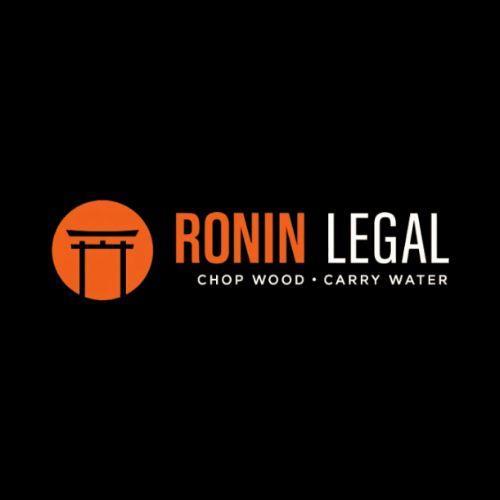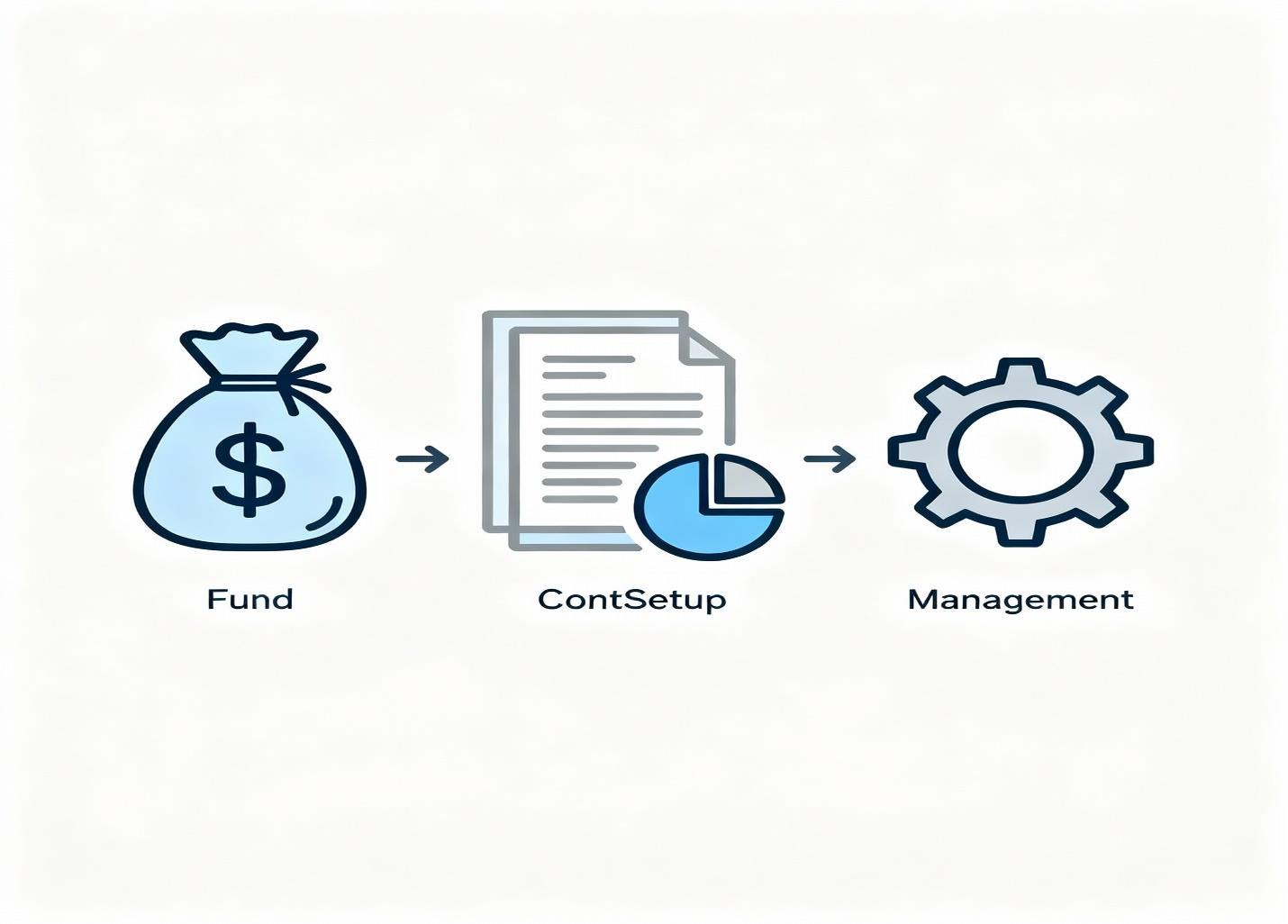

Fund Setup in the UAE: A Complete Guide for Investors
The United Arab Emirates has positioned itself as a global investment hub, attracting international investors, private equity firms, and venture capitalists. With a strong regulatory framework, favorable tax environment, and access to a thriving financial ecosystem, the UAE offers unique opportunities for fund managers and entrepreneurs looking to expand their presence. Understanding the process of Fund Setup in the UAE is critical for ensuring compliance, maximizing efficiency, and achieving long-term success.
Why the UAE is a Leading Destination for Fund Establishment
Several factors make the UAE an attractive jurisdiction for fund creation. These include:
Strategic Location: Situated between Europe, Asia, and Africa, the UAE acts as a natural gateway for investors seeking global connectivity.
Robust Financial Infrastructure: With internationally recognized free zones such as DIFC (Dubai International Financial Centre) and ADGM (Abu Dhabi Global Market), the UAE offers advanced regulatory systems aligned with global standards.
Tax Benefits: No personal income tax and no corporate tax on most entities (outside specific activities) make it highly cost-effective.
Investor Confidence: The UAE consistently ranks among the safest, most transparent, and business-friendly jurisdictions in the region.
Support for Innovation: Fintech accelerators, venture capital networks, and government initiatives encourage startups and institutional investors alike.
These advantages have propelled the UAE into the ranks of top global destinations for fund managers.
Types of Funds in the UAE
When considering fund registration, it is essential to understand the structures available:
1. Public Funds – Open to all investors, regulated with strict compliance requirements.
2. Exempt Funds – Typically restricted to professional investors with lighter regulatory obligations.
3. Qualified Investor Funds (QIFs) – Tailored for sophisticated investors and family offices, offering flexibility and cost efficiency.
4. Private Funds – Structured for closely held investor groups, commonly used in private equity or venture capital.
Each type has unique approval processes and governance standards. The right structure depends on the investor base, investment strategy, and long-term objectives.

Key Jurisdictions for Fund Setup
The UAE provides multiple jurisdictions for fund formation, each with unique advantages:
DIFC (Dubai International Financial Centre) – Known for its common law legal framework, world-class regulator (DFSA), and strong reputation among international investors.
ADGM (Abu Dhabi Global Market) – Offers progressive fund regulations and specialized structures for private equity, venture capital, and fintech-focused funds.
Onshore UAE – While less common for funds, onshore structures are sometimes used for specific investment activities under UAE Securities and Commodities Authority (SCA) regulation.
Selecting the right jurisdiction is a critical decision that impacts compliance, investor confidence, and scalability.
Step-by-Step Process for Fund Formation
The process of establishing a fund in the UAE involves several stages. Although requirements may vary by jurisdiction, the general process includes:
1. Identify the Fund Type – Define whether the structure will be a private fund, QIF, or public fund.
2. Choose the Jurisdiction – DIFC and ADGM remain the most common for fund registration.
3. Draft Legal Documents – This includes the fund prospectus, partnership agreements, and Articles of Association.
4. Submit Application – File with the relevant regulator (DFSA in DIFC or FSRA in ADGM).
5. Appoint Key Parties – Fund manager, trustee, custodian, and auditors must be identified and approved.
6. Regulatory Review – Authorities assess risk management, governance, and investor protection measures.
7. Final Approval and Licensing – Upon meeting requirements, the regulator issues the fund license, enabling operations.
The process requires precision, clear documentation, and compliance with international best practices.
Regulatory Oversight
Funds in DIFC are regulated by the Dubai Financial Services Authority (DFSA), while ADGM funds fall under the Financial Services Regulatory Authority (FSRA). Both regulators adhere to international standards, ensuring transparency and investor protection. Their frameworks are aligned with IOSCO principles, making UAE funds globally recognized.
Costs of Fund Establishment
While costs vary depending on fund type and jurisdiction, typical expenses include:
Incorporation Fees
Regulatory Application Fees
Annual Renewal Charges
Professional Services Costs (legal, audit, fund administration)
Though the setup is more expensive compared to smaller free zones, the credibility and investor confidence generated by DIFC and ADGM more than justify the costs.
Benefits of Establishing a Fund in the UAE
Global Reputation: UAE fund structures are recognized internationally.
Tax Advantages: No capital gains or dividend taxes.
Access to Investors: Growing base of institutional and private investors in the region.
Legal Certainty: DIFC and ADGM offer independent courts based on English common law.
Scalable Frameworks: Flexible structures for startups, private equity firms, and large investment managers.
These benefits ensure the UAE remains a highly competitive environment for fund managers.

Challenges in the Process
Despite its many advantages, fund formation in the UAE requires navigating complex regulatory requirements. Approval timelines can be lengthy, and compliance obligations are stringent. Firms must also ensure they have qualified personnel and governance mechanisms in place. Engaging experienced legal advisors is crucial to ensure smooth registration and ongoing compliance.
The Role of Expert Advisors
Legal and corporate advisors play an essential role in guiding investors through fund setup. From drafting agreements and liaising with regulators to ensuring governance and reporting compliance, their expertise helps businesses avoid pitfalls and operate efficiently. Professional support is particularly valuable for international investors unfamiliar with UAE-specific laws and processes.
Conclusion
Establishing a fund in the UAE offers unmatched access to global markets, investor confidence, and a legal framework designed for long-term success. By selecting the right jurisdiction and engaging experienced advisors, investors can unlock the full potential of this world-class financial hub. For tailored guidance on fund structuring and compliance, RONIN LEGAL provides trusted expertise aligned with your business goals.
Frequently Asked Questions
Q1. What is the most common jurisdiction for fund setup in the UAE? DIFC and ADGM are the leading jurisdictions, offering global recognition and independent regulatory frameworks.
Q2. What types of funds can be registered in the UAE? Options include public funds, private funds, qualified investor funds, and exempt funds.
Q3. How long does it take to establish a fund in the UAE? Timelines vary but typically range from 2 to 4 months, depending on the structure and regulator.
Q4. Are there tax advantages for UAE-based funds?
Yes, there is no capital gains tax, no withholding tax, and no personal income tax.
Q5. Do all funds need a local manager?
Yes, regulators require an authorized fund manager, although certain exemptions may apply in private structures.
